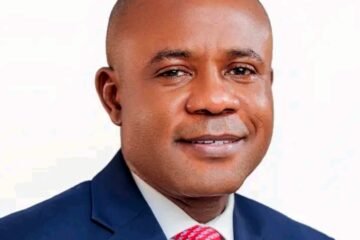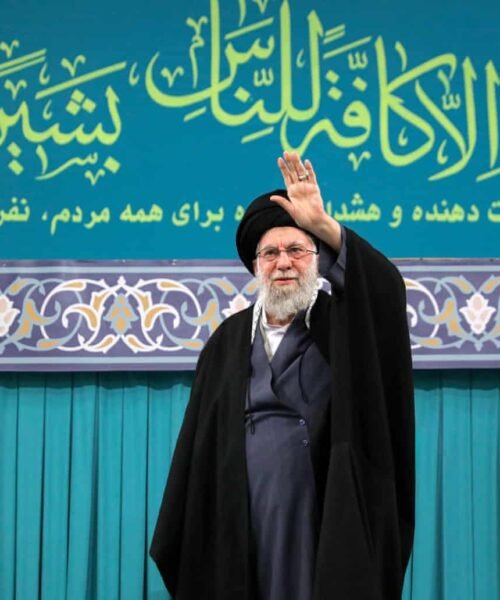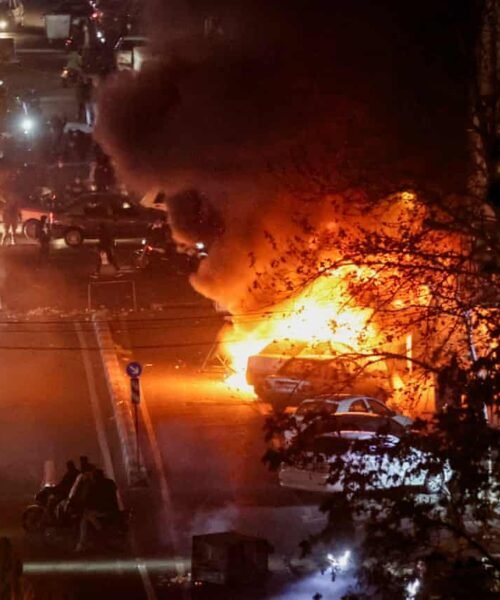*His Killing Shook World At The Time
In a warning to serving public officers to steer clear of impunity, abuse of office and other illegalities, for nemesis may come calling under a different government in their old age, South Africa will tomorrow, Friday, September 12, reopen an inquest into the death of anti-apartheid activist, Steve Biko, in police custody, 48 years after the incident.
Biko, the founder of South Africa’s Black Consciousness Movement, died in a prison cell in 1977 aged just 30, after being beaten into a coma by white police officers who had arrested him nearly a month earlier.
The death sparked outrage across the world and he became an international symbol of the struggle against the race-based apartheid system that denied South Africa’s black majority political and economic rights.
South Africa gained black majority rule in April 1994 when the first democratic, all-race national elections were held, resulting in Nelson Mandela becoming the country’s first Black president.
This event marked the end of legislated apartheid and the beginning of a new, non-racial democracy for the nation.
“The main goal of reopening the inquest is to lay before the court evidence that will enable the court to make a finding … as to whether the death was brought about by any act, or omission, which prima facie involves or amounts to an offence on the part of any person,” the National Prosecuting Authority (NPA) said on Wednesday, September 10.
The case will be reopened on the 48th anniversary of Biko’s death tomorrow.
A 1977 apartheid-era inquest accepted the police account that Biko sustained injuries when he hit his head against the wall and so, no one was prosecuted for the death.
But in 1997, former police officers implicated in the case admitted assaulting the activist during hearings by Mandela-era Truth and Reconciliation Commission (TRC) into atrocities committed during the apartheid era.
The TRC refused to grant amnesty to the officers, ruling that they lied in their evidence and failed to prove a political motive for killing Biko.
The activist’s story inspired Peter Gabriel’s song Biko and later the Richard Attenborough film Cry Freedom.
The decision to reopen the inquest is the latest in a string of moves to re-examine high-profile apartheid-era deaths.
In April, President Cyril Ramaphosa launched an inquiry into whether past All National Congress (ANC) governments interfered with the investigation and prosecution of apartheid-era crimes, amid criticism from the families of victims.
In June, an inquest was opened into one of the period’s most notorious crime: the deaths of four men known as the Cradock Four, who were stopped at a roadblock in 1985 by security officers and beaten, strangled with telephone wire, stabbed and shot to death.
PHOTO CAPTION: Biko.



















